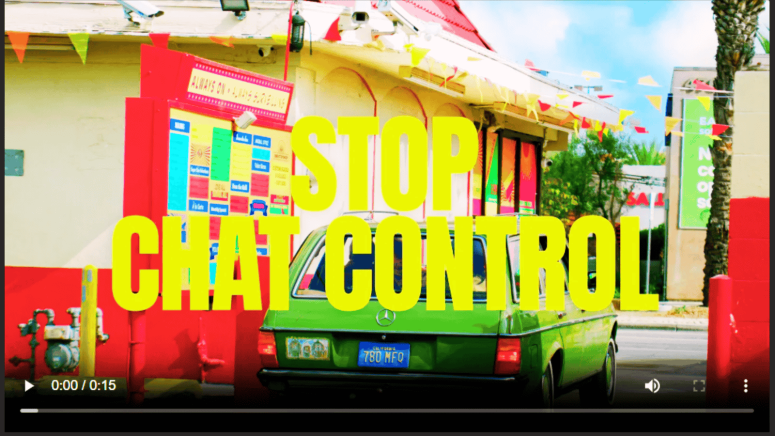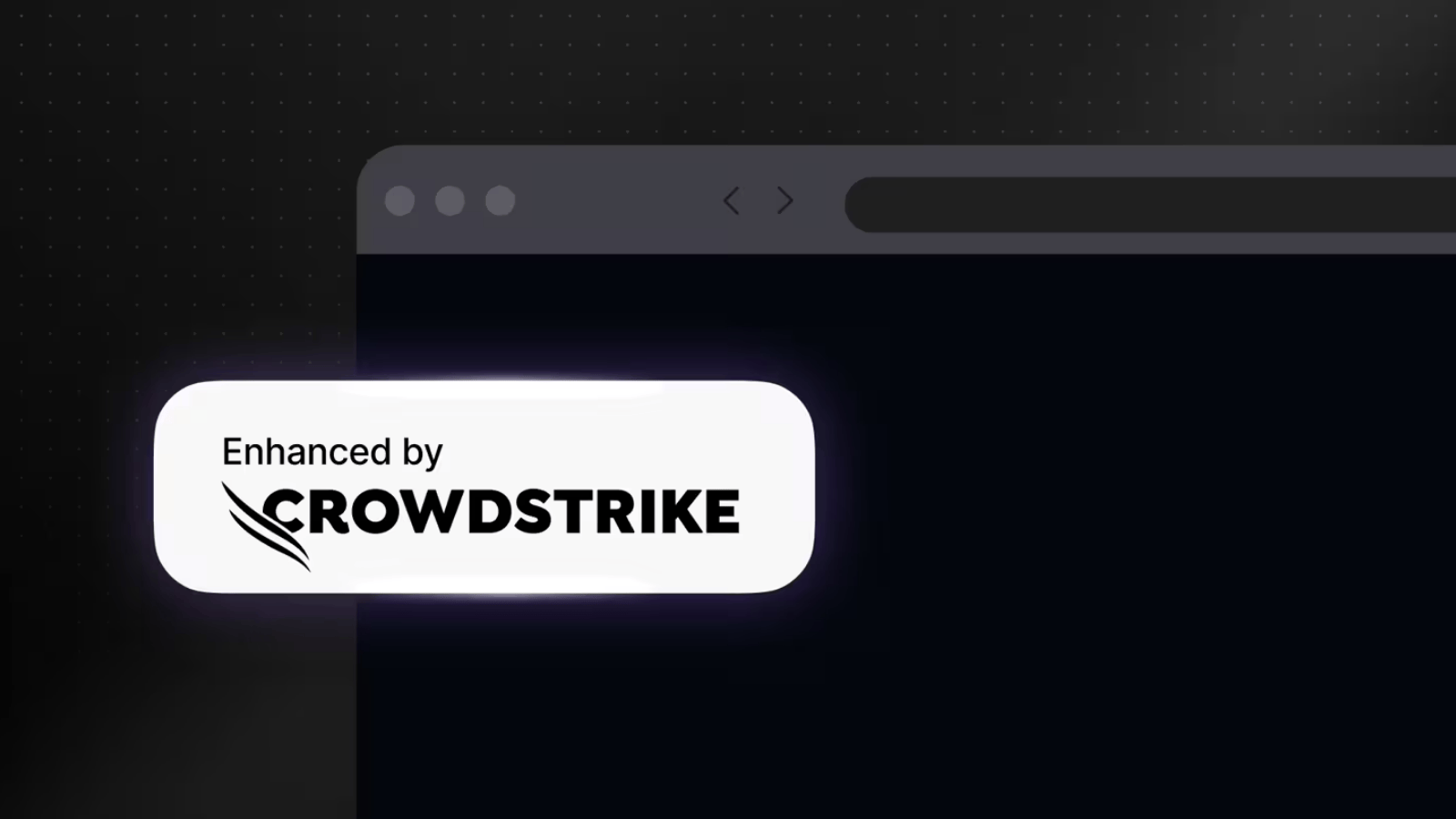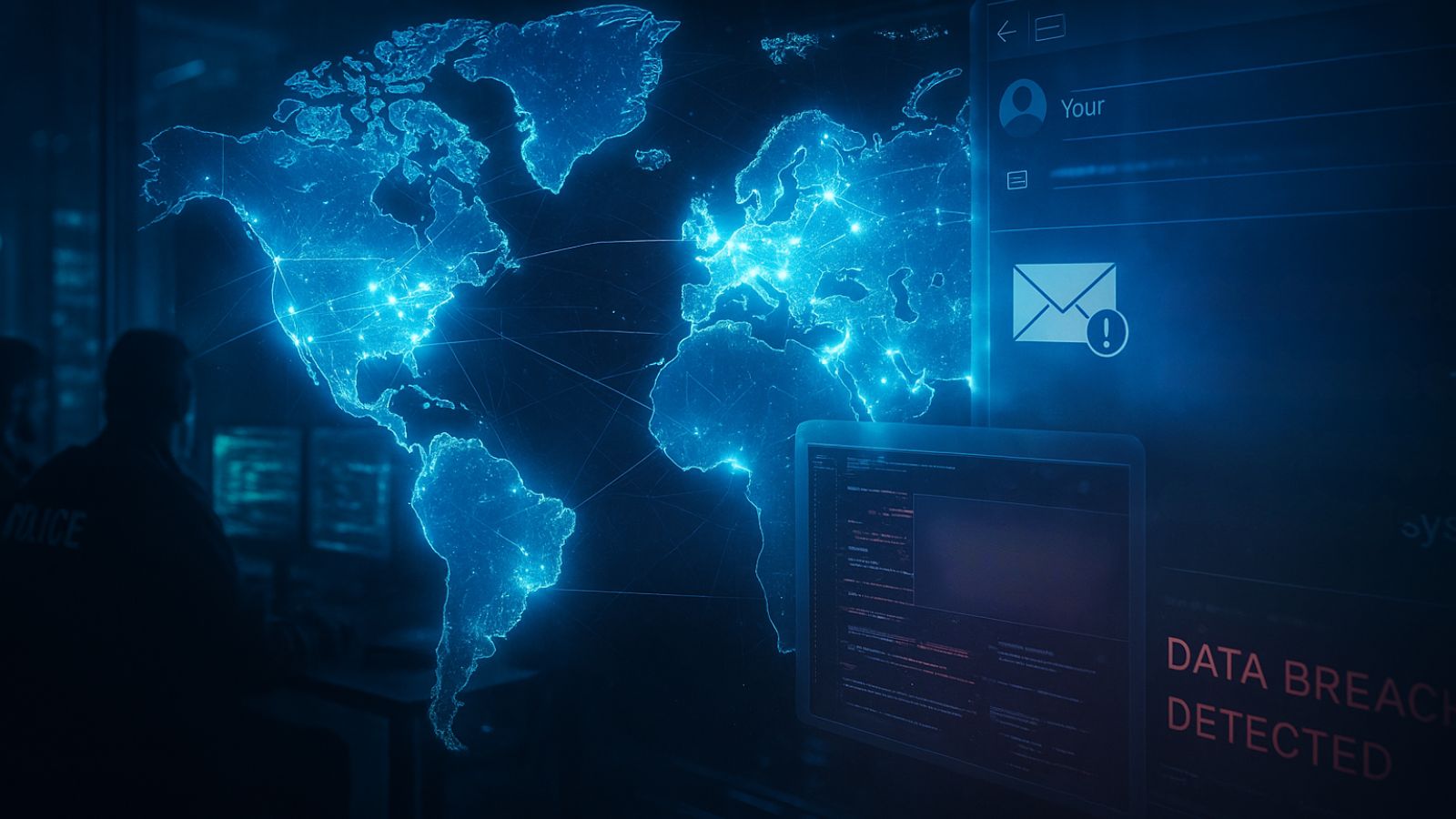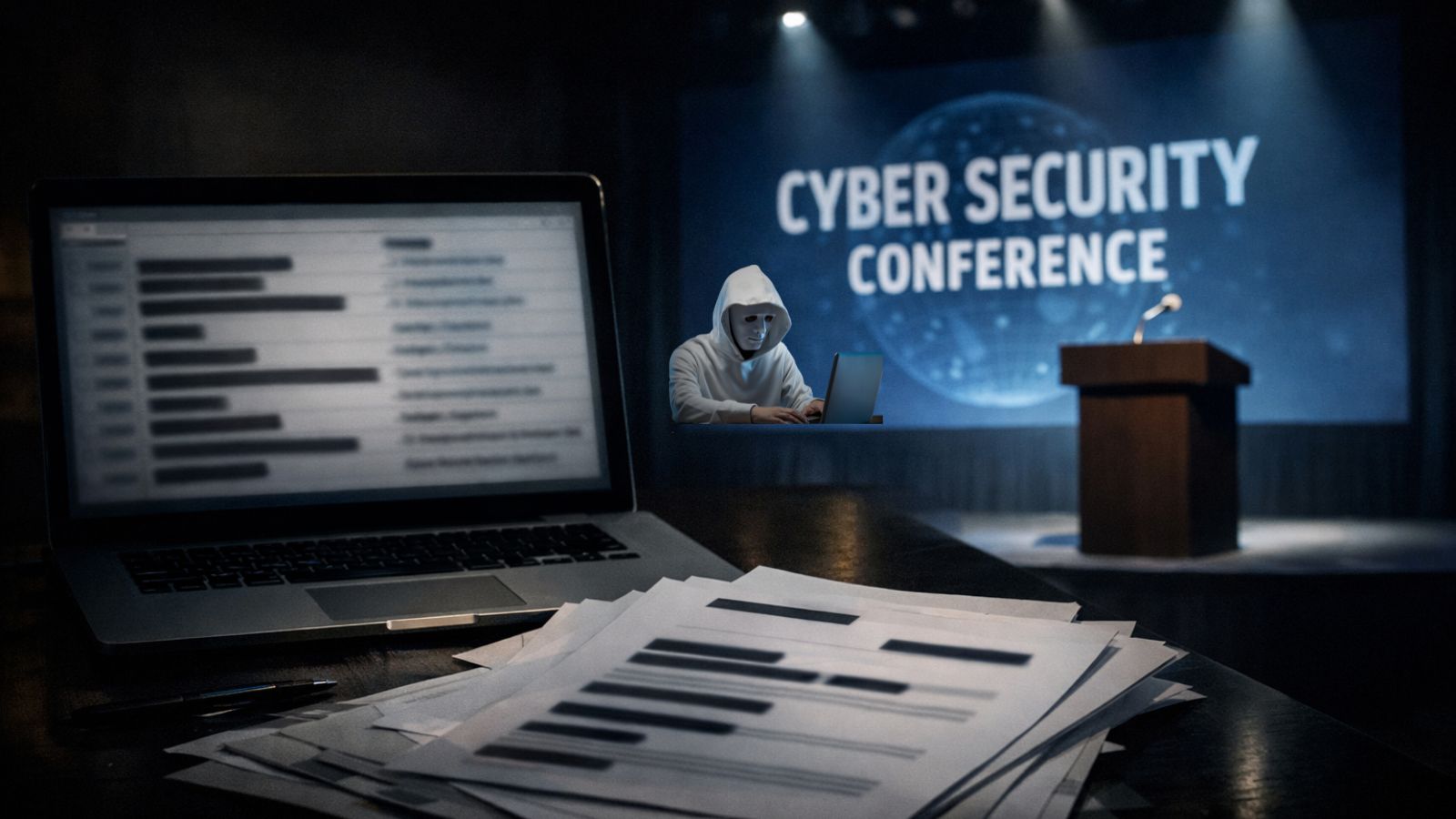
Mullvad VPN Releases “And Then?” to Highlight Concerns Over EU’s Chat Control Proposal
- Mullvad Launches “And Then?”: New film highlights concerns about EU Chat Control’s surveillance risks.
- Draft Raises Privacy Issues: Latest proposal includes AI scanning, ID requirements, and threats to encryption.
- Long Trail of Controversy: Lobbying, legal warnings, and Parliament resistance shape ongoing EU debate.
Mullvad VPN says the EU’s Chat Control initiative has returned as EU member states in the Council continue drafting new versions of the bill. The latest November 2025 version reportedly uses new branding and softer terminology but maintains the same underlying goals.
According to Mullvad, the current draft could still enable:
- AI-based scanning of private communications
- ID verification to use messaging services
- Broad surveillance powers with unclear limits
- Potential future scanning of end-to-end encrypted apps due to vague legislative language
Although the European Parliament previously rejected the proposal, the bill remains active because the Council of the EU has not withdrawn it. Mullvad argues this could allow the law to move forward despite concerns it violates EU law and fundamental human rights.
To raise awareness, the organization has released “And Then?”, a film that outlines what it calls the “corrupt history” behind the proposal.
New Short Films Target Surveillance Policies
Mullvad has also produced short versions of “And Then?” that will be broadcast in multiple EU countries. Their stated goal is to push back against Chat Control and similar surveillance initiatives. The company says these shorts will also run in countries outside the EU where surveillance measures “have gone too far.”
Mullvad’s message is clear: governments should move away from mass data collection, not expand it. The company encourages citizens to demand transparency from political leaders and to push for stronger privacy protections.
Background: How Chat Control Reached This Point
The story, as described by Mullvad, begins when actor Ashton Kutcher and his organization Thorn reportedly convinced the European Commission that devices could be scanned for child sexual abuse material (CSAM) without accessing other private content. This idea later shaped the original Chat Control proposal introduced by EU Commissioner Ylva Johansson.
Legal and Expert Pushback
The proposal quickly drew criticism from various EU bodies, including:
- The Council of Ministers’ legal service
- The European Commission’s own legal service
- The European Data Protection Board
- The UN Human Rights Council
Experts argued that the required scanning technology does not exist in a safe form and would lead to widespread surveillance and security risks.
Lobbying Controversies
Mullvad points to a series of developments that expanded public concern:
- Thorn was reportedly selling scanning technology that could be used for Chat Control despite being registered as a charity in the EU lobbying system.
- Thorn and the European Commission were linked to the creation and funding of child-rights groups that publicly supported the legislation.
- Internal documents suggested a lobbying strategy designed to “divide and conquer” Members of the European Parliament by pairing them with selected advocates.
- Europol reportedly sought broad access to the data and argued it should be stored even when unrelated to child abuse cases.
- Some Brussels politicians pushed to exempt themselves from the scanning requirements.
Parliamentary Rejection
The European Parliament ultimately voted against the proposal with strong consensus, calling it a form of mass surveillance. Several members said the Commission’s focus was not on child protection but on gaining broader access to people’s private communications.
Micro-targeting Allegations
Mullvad says that during this period, Johansson’s office faced accusations of using illegal micro-targeting on social media to influence views within the Council of the EU. Questions were also raised about the Commission’s refusal to release documents related to its interactions with Thorn.
When questioned, Johansson reportedly maintained that critics were ignoring the need to protect children.
The Fight Moves to ProtectEU and Going Dark
After resistance to Chat Control grew, the European Commission introduced two new initiatives: Going Dark and ProtectEU. These projects aim to expand lawful access to digital communications by arguing that encrypted or private channels make it harder to combat organized crime.
Mullvad claims these new efforts echo the same arguments first presented by Thorn and Johansson, including the idea that authorities cannot function effectively without broad access to private data, an argument originally used by the FBI.
The Council of the EU, meanwhile, continues trying to reach a unified position on Chat Control. More than three years after the initial proposal, consensus has still not been reached.
What Happens Next?
Mullvad warns that unless European citizens push back, the EU could adopt a system that enables large-scale surveillance, weakens encryption, and erodes privacy across the region. The company argues that the issue affects not only Europe but also other countries considering similar policies.
According to Mullvad, the future of private digital communication now depends on public pressure and political accountability.










